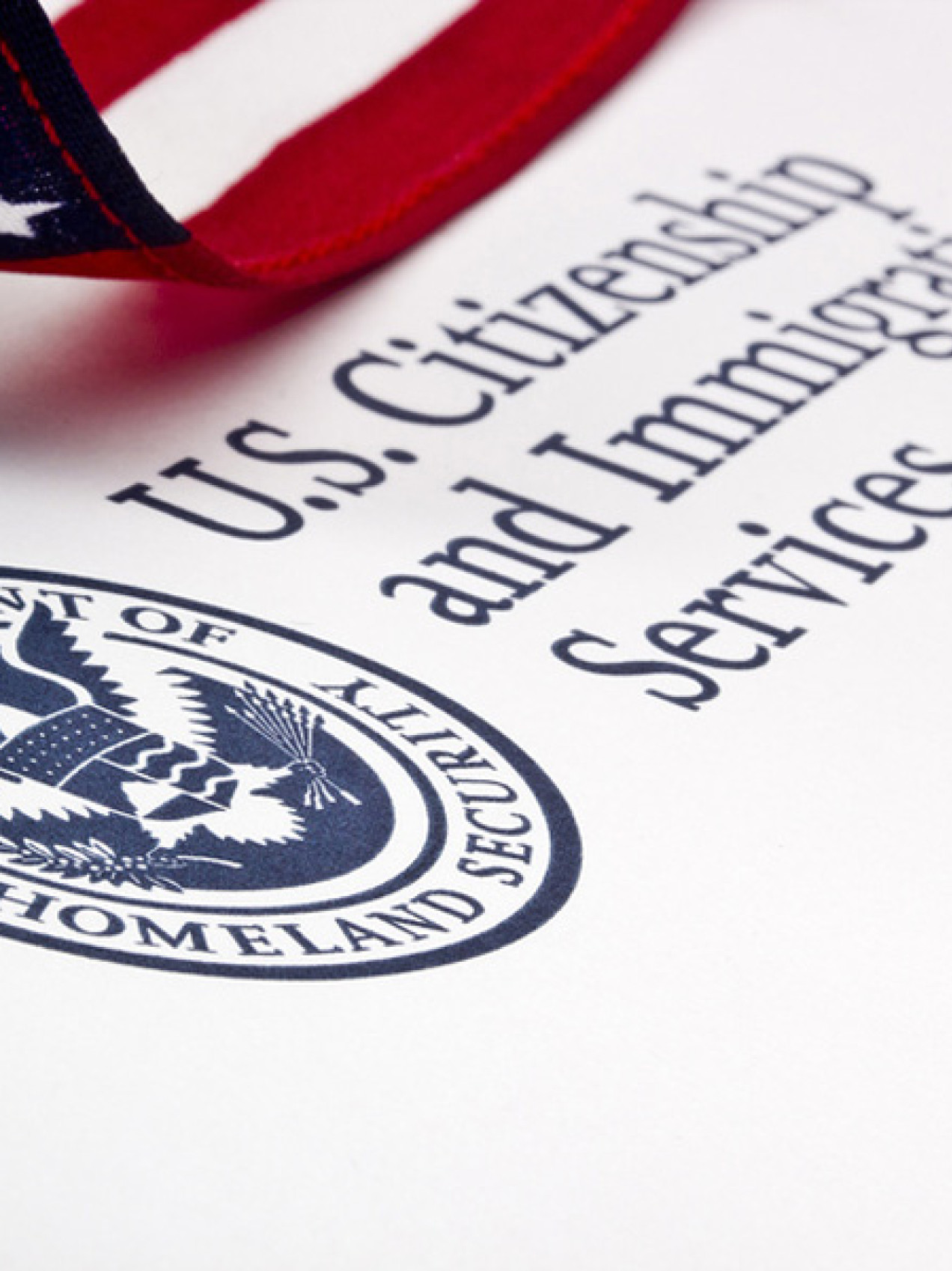Updated on 12.06.2023
The H-1B season is popular with employers to get work visas for employees through a lottery process. A huge increase in registrations in 2023 showed that some companies were trying to illegally cheat the system. What are the implications for future H-1B solutions?
Share article:

Each spring presents a special immigration law spectacle: the H-1B cap season.
The H-1B visa is a US work visa that can be applied for by US companies for foreign, qualified professionals. These must have (among other things) at least a bachelor's degree or its equivalent, and the position offered must require such a qualification. The H-1B visa has enjoyed great popularity for years - not only among US employers in the highly competitive "war of talents," but also among international professionals who want to gain a foothold in the United States.

However, as one of the few US work visa categories, this is limited in number. In the US fiscal year (FY = October 01 - September 30), only 65,000 H-1B visas are available (plus a special quota of 20,000 for individuals who have completed a master's degree in the US). For years, demand for this category has far exceeded the so-called H-1B cap. This results in a not uncontroversial and complicated application process:
Only those US companies (and their potential applicant:s) that register via a US Immigration and Customs Enforcement online portal during a roughly 14-day window in March are even considered. If USCIS receives more registrations for the upcoming tax year than are available under the H-1B cap, a computer-generated lottery process is used. Only for these drawn individuals can US companies then file H-1B petitions with US immigration authorities beginning April 1.
Every year, the USCIS releases highly anticipated figures on the H-1B cap season. This year, it is worth taking a particularly close look at the H-1B statistics.
For FY 2024 (October 1, 2023 - September 30, 2024), all H-1B visas are already out of stock. The trend of the last few years continued - not entirely surprisingly - this year, too, the demand of the US economy for H-1B visas far exceeded the supply according to the quota.
One record number immediately catches the eye: in FY 2024, 780,884 applications from US companies were received in the online registration tool - a significant increase of about 60% compared to the previous year, where "only" 483,927 potential H-1B applicant:s registered.
Of course, the more applications received, the lower the chance of being selected in the lottery process. Thus, in FY 2024, only 14.6% of potential H-1B applicants:in could be considered. This compares to 26.9% in FY 2023 and as many as 46.1% in FY 2022, as fewer registrations were received.
Part of this dramatic increase in demand can certainly be explained by the tight labor market situation in the US and the shortage of skilled workers there.
However, the USCIS sees a significant increase in multiple registrations via the online portal as the main cause. According to the U.S. Immigration and Naturalization Service, 408,891 registrations were filed for foreign persons who benefit from the fact that several US companies have made registrations on their behalf via the online portal. This, of course, increases the chance of selection in the H-1B lottery. In principle, this does not violate the registration process or immigration laws and is normal in a competitive labor market.
Following the allegations of fraud in the air, USCIS has announced an improvement or change in the H-1B registration process, with the goal of preventing abuse. One option, for example, would be to conduct the H-1B lottery by individual rather than by employer. However, specific measures have not yet been mentioned. The next H-1B application round is expected to begin in March 2024 for FY 2025 with an earliest possible work start date of October 01, 2024.
The very low annual H-1B cap (of a maximum of 85,000) remains the biggest problem for US employers seeking to hire foreign skilled workers. From the perspective of many companies in the US, this represents a significant weakening of competitiveness in the international skilled labor market. The high demand for H-1B visas reflects nothing other than the enormous need for skilled workers in the US economy.
Date:
Wir und unsere Partner nutzen Cookies, um personenbezogene Daten wie z.B. Browsing-Daten zu speichern und abzurufen, um z.B. Inhalte und Werbung bereitzustellen und zu personalisieren sowie die Verwendung der Website zu analysieren und das Benutzererlebnis zu verbessern. Sie erfahren mehr über die Zwecke, für welche wir und unsere Partner Cookies einsetzen, wenn Sie unten auf den Button „Cookie Einstellungen“ klicken. Hier können sämtliche Einstellungen auch geändert werden. Nachträglich kann man jederzeit seine Cookie-Auswahl überdenken oder seine Einwilligung widerrufen, indem man auf den Link zu den Cookie-Einstellungen im Footer unserer Webseite klickt. Beachten Sie bitte, dass das Blockieren einiger Cookie-Typen unsere Möglichkeiten zur Bereitstellung von auf Ihre Interessen zugeschnittenen Inhalten haben kann oder einige Funktionen der Webseite nur eingeschränkt zur Verfügung stehen.
Durch klicken auf “Alle Cookies akzeptieren” stimmen Sie unserer Nutzung und der Weitergabe Ihrer Daten an unsere Partner zu.